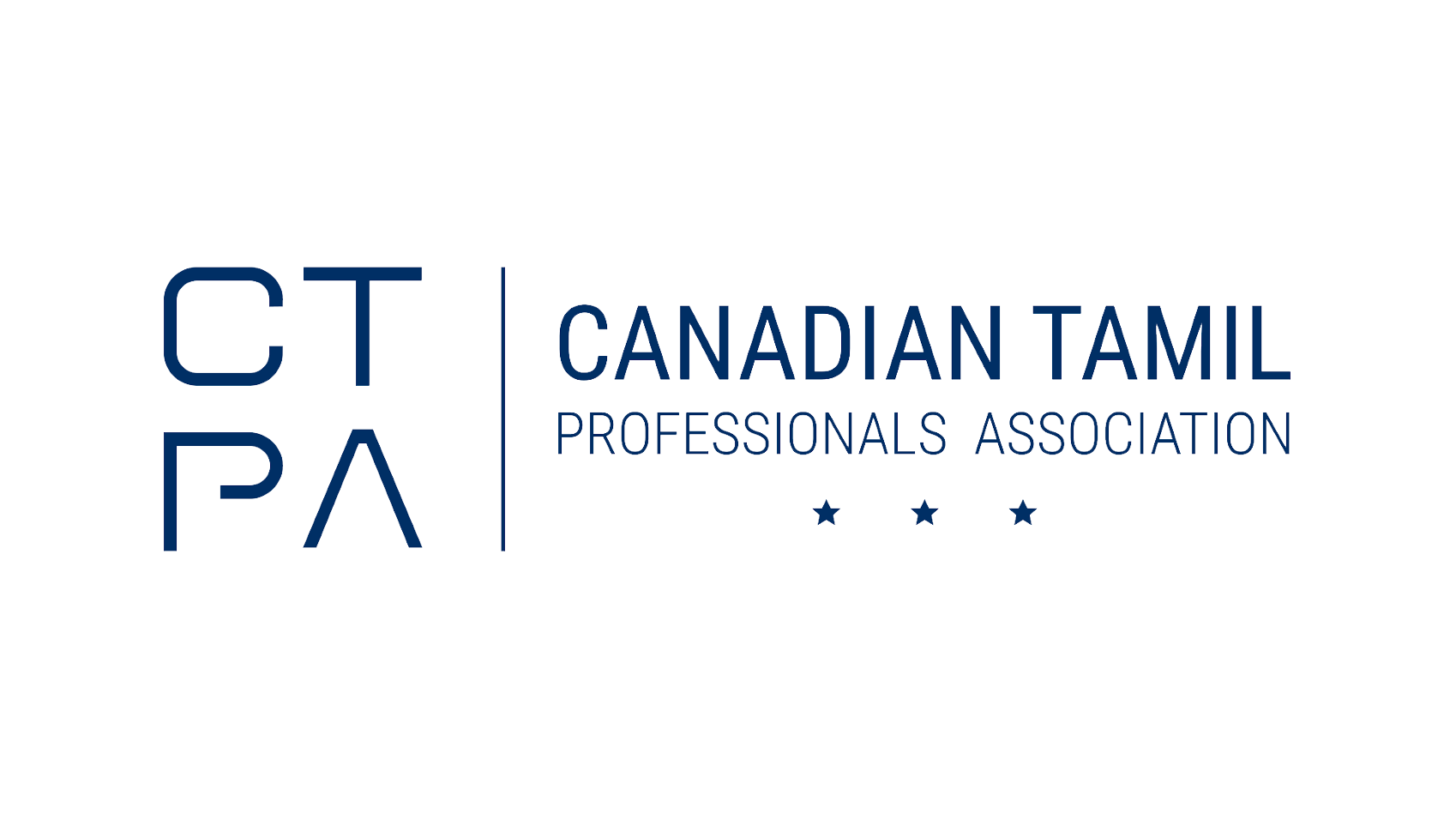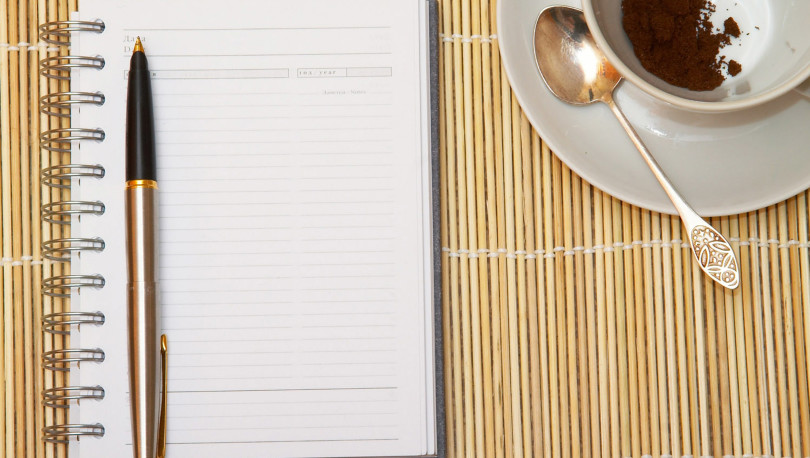What is work-life balance in todays world? Does it mean going into work and taking vacations when you want? Perhaps taking paternity leave? Work-life balance is still not well defined in todays society- it can be a dichotomy or a spectrum. Everything about dress-down Fridays, flexible schedules, working from home, etc. all mask the core issue. In a multicultural country, with a diverse workforce such as Canada, it is difficult to ascertain what constitutes work-life balance.
But, in a survey of 36 countries, Canada does surprisingly well. The Organization for Economic Co-operation and Development (OECD) ranked us 7th in work-life balance. However, the amount of hours that Canadians work has increased over the years. This has led Health Canada to define key factors that affect work-life balance such as: role overload, work-to family interference, and caregiver strain. These factors can lead to underperformance, more sick days and reduced productivity.
If there is anyone that understands the art of work-life balance, it is the Europeans. The Spaniards close down businesses in the middle of the day to take naps. Also known as a siesta, this is built into the workday and also allows for familial interaction. Further north in Gothenburg Sweden, companies are experimenting a year-long project to see if 30 hour work days/week will allow for increased productivity. Going south, France has already reduced weekly work hours to 35 hours/week. Of course, implementing these changes can only work if our entire society adheres to it. Although worth noting, we Canadians should not romanticize about the European work-life balance. Canada is a country rooted in hard work, and we all come from different backgrounds. Therefore, what constitutes work-life balance will inevitably vary from person to person and from the institutions that implement them.
But, in his Ted Talk How to Make Work-Life Balance Work, Nigel Marsh explains that the truth is that governments and corporations are not going to solve this issue for us. We should stop looking outside, and take control and responsibility for the type of lives that we want to lead. Essentially, if you dont take charge of your life, you will be encapsulated in a life someone else has designed for you. This is why it is important to be direct with employers from the very beginning, about what your needs are for work-life balance. It is also important to choose a company to work for, which aligns with your expectations for life balance. You are paid to work, not to give up your family time and life .
The slope gets slippery in that this is very difficult in some professions such as ER physicians, nurses, entrepreneurs, etc. where long hours are part of the norm. However, to even these people you can pose the question, what really matters at the end of the day? Frankly, maybe for some people their career matters more than their life, or is their life, and they’re okay with that, so who is anyone to say that this person hasn’t achieved a work life balance.
Nonetheless, I think that implementing the tips below can provide some small steps in teaching us to balance the daily grind, with life.
Practise gratitude
 Studies have shown that taking time out of your day to express gratitude is strongly and consistently associated with greater happiness. Gratitude helps people feel more positive emotions, relish good experiences, improve their health, deal with adversity, and build strongrelationships. You can practise gratitude by writing down what you are thankful for every morning in a journal, through mindful meditation, a thank you note, or through self-talk. You are the captain of your ship and you are responsible for how you make yourself feel.
Studies have shown that taking time out of your day to express gratitude is strongly and consistently associated with greater happiness. Gratitude helps people feel more positive emotions, relish good experiences, improve their health, deal with adversity, and build strongrelationships. You can practise gratitude by writing down what you are thankful for every morning in a journal, through mindful meditation, a thank you note, or through self-talk. You are the captain of your ship and you are responsible for how you make yourself feel.
Take care and be good to yourself
Exercising for 20 minutes or longer has been shown to have a host of positive psychological  effects. This includes increased self-esteem, enhanced mood, and endorphin release, which promotes positive feelings. Staying active is crucial to mitigate the daily stressors that may accompany our jobs. Furthermore, every book on productivity and success from Stephen Covey to Robin Sharmaall emphasize the importance of being active. A better mood means you are more likely to perform better. Of course, this effect is amplified when a healthy diet is added to the equation. The key here is goal setting, being proactive and staying true to what you want out of life. Small changes over time can lead to a large cumulative effect.
effects. This includes increased self-esteem, enhanced mood, and endorphin release, which promotes positive feelings. Staying active is crucial to mitigate the daily stressors that may accompany our jobs. Furthermore, every book on productivity and success from Stephen Covey to Robin Sharmaall emphasize the importance of being active. A better mood means you are more likely to perform better. Of course, this effect is amplified when a healthy diet is added to the equation. The key here is goal setting, being proactive and staying true to what you want out of life. Small changes over time can lead to a large cumulative effect.
What drives you?
Finding your passion and doing something that you enjoy is invaluable. This will make work  not feel like it is work, but rather a hobby. If you wake up in the mornings and you look forward to goingto work, then youre doing it right. Loving what you do should make those early mornings all the more worthwhile. I think Marian Edelman says it best in that you should never work for money or power. They wont save your soul or help you sleep at night.
not feel like it is work, but rather a hobby. If you wake up in the mornings and you look forward to goingto work, then youre doing it right. Loving what you do should make those early mornings all the more worthwhile. I think Marian Edelman says it best in that you should never work for money or power. They wont save your soul or help you sleep at night.
Ultimately, how much you care about achieving a balance between work and your personal life will be dictated by how much you choose to prioritize it. Circumstantially, work may be valued more than life. But its important to remember that you shouldnt live to work, but rather work to live. Hillary Clinton says it best in that we should not confuse having a career with having a life.
Contributed by Tharmegan Tharmaratnam
Tharmegan Tharmaratnam completed his undergraduate degree in kinesiology at the University of Toronto. He holds experience from working with Olympic and NHL athletes through the Canadian Sport institute Ontario. He describes himself as a gym junkie, running addict, and a science lover. Tharmegan can be reached at [email protected].
References:
http://www.ccohs.ca/oshanswers/psychosocial/worklife_balance.html
http://www.huffingtonpost.ca/tom-turpin/work-life-balance_b_7821076.html
http://www.huffingtonpost.com/2014/06/05/sweden-work-hours_n_5446579.html
Health Canada, (2008),Reducing Work-Life Conflict: What Works? What Doesn’t?
http://www.health.harvard.edu/healthbeat/giving-thanks-can-make-you-happier

